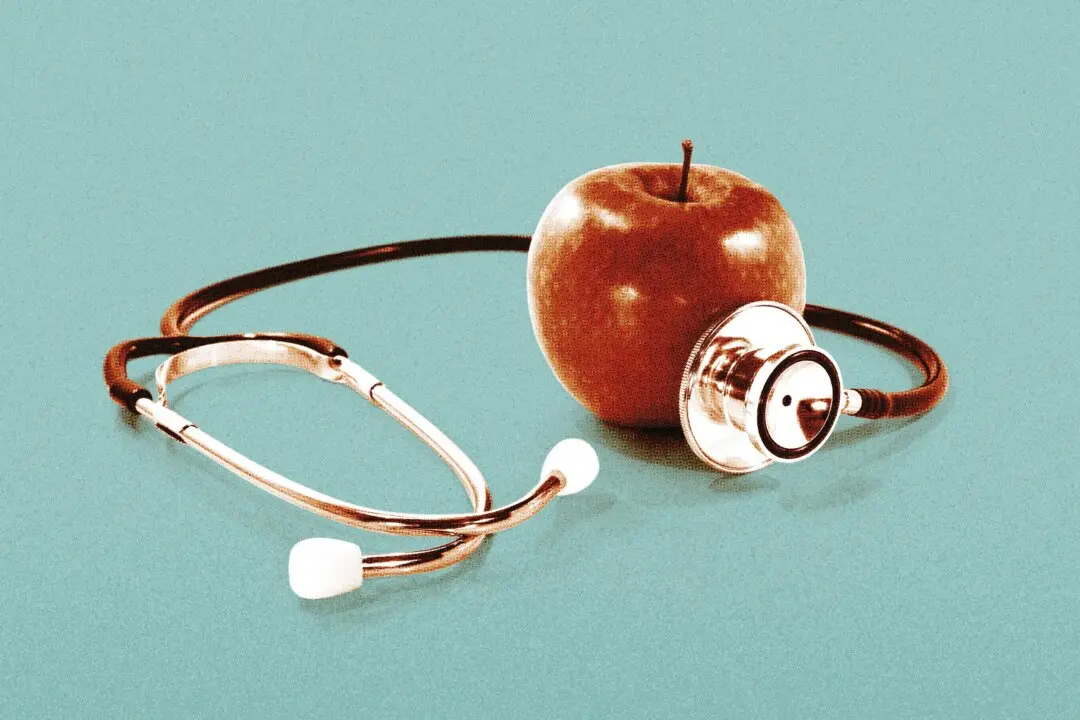Early in my career, I had an elderly patient who lived in a long-term care facility. She had a long list of health problems. On our first visit, as I asked her about her medical history, she sat shyly with her eyes down, and her hand crept slowly into mine. She gave me a sideways glance as if to ask if it was ok. I smiled and gave her hand a gentle squeeze, and we continued.
Every session after that, she would come in and hold my hand as I asked how she was, and often, while she was on my table having acupuncture, I would stand with her and hold her hand to comfort her.






